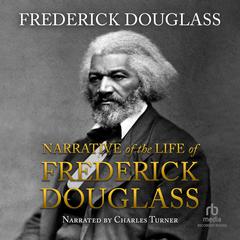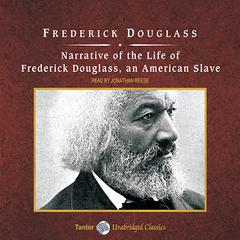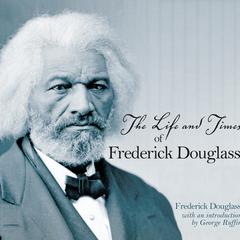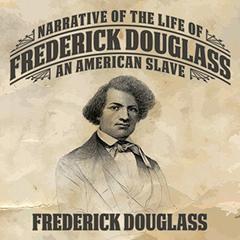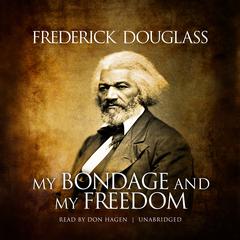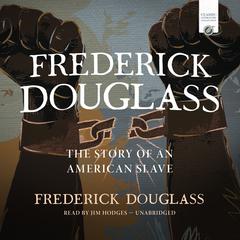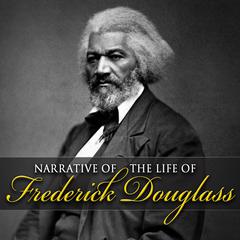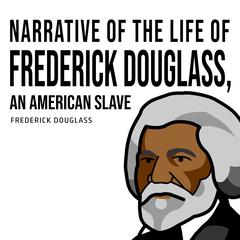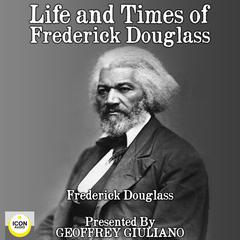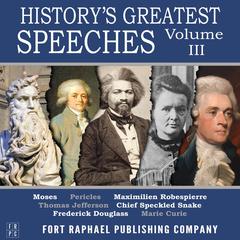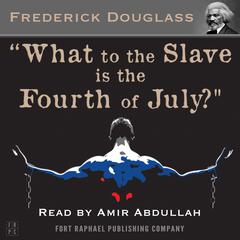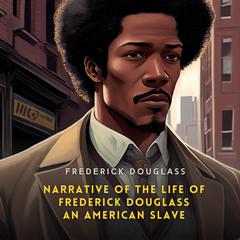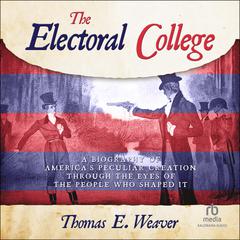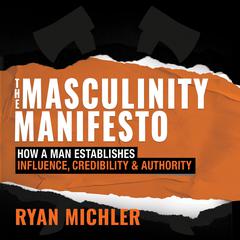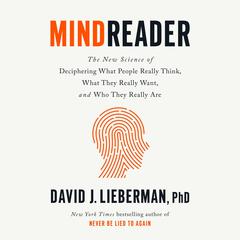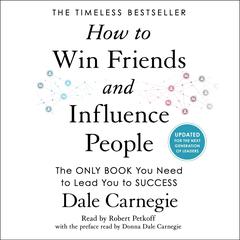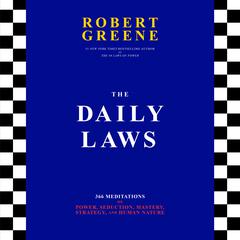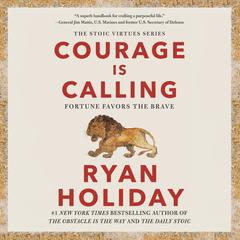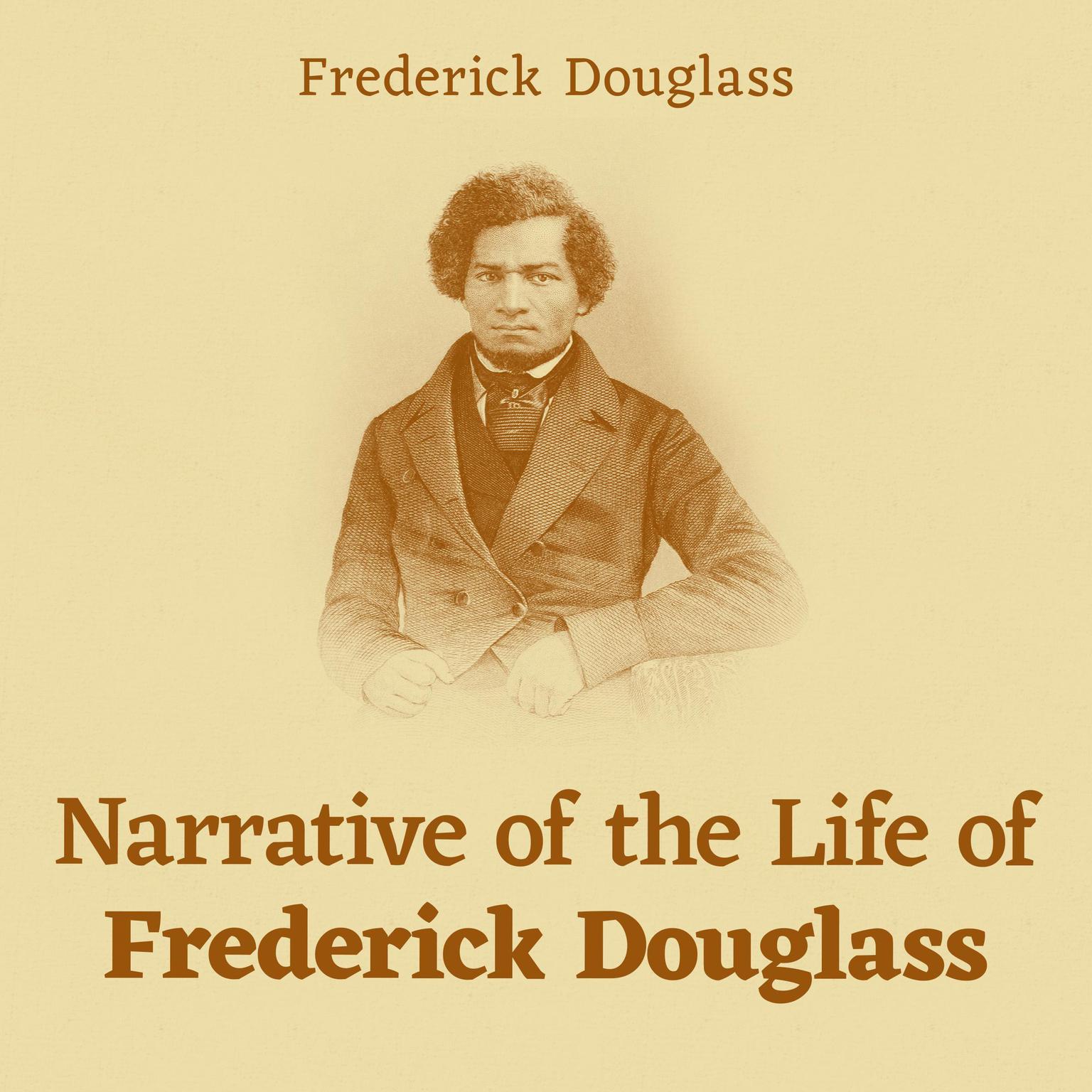 Play Audiobook Sample
Play Audiobook Sample
Narrative of the Life of Frederick Douglass Audiobook
 Play Audiobook Sample
Play Audiobook Sample
Quick Stats About this Audiobook
Total Audiobook Chapters:
Longest Chapter Length:
Shortest Chapter Length:
Average Chapter Length:
Audiobooks by this Author:
Publisher Description
‘The Narrative of the Life of Frederick Douglass’ was published in 1845; it is a memoir and treatise on abolition written by the famous author and former slave Frederick Douglass. The book includes two introductions by well-known abolitionists: a preface by William Lloyd Garrison, and a letter by Wendell Phillips, both confirming the veracity of the account and the literacy of its author. It is generally considered to be the most famous of a number of abolition narratives written by former slaves in the same era. The narrative describes the events of Douglass’s life over eleven chapters, from his childhood to emancipation. The book was an immediate success and received critical acclaim, also in Europe.
Download and start listening now!
Narrative of the Life of Frederick Douglass Listener Reviews
Be the first to write a review about this audiobook!
About Frederick Douglass
Frederick Douglass (1818–1895), né Frederick Augustus Washington Bailey, was born into slavery in Maryland. Upon successfully escaping slavery—on his third attempt—in 1838, Douglass became one of the key leaders of the abolitionist movement in the United States. An extremely gifted orator, he repeatedly risked his own freedom as an antislavery speaker, writer, and statesman. A firm believer in equality for all people, including Native Americans, women, and immigrants, Douglass was also an activist in the women’s suffrage movement. He died in Washington DC, shortly after he attended a meeting of the National Council of Women, where he had received a standing ovation for his enormous contribution to human rights.




